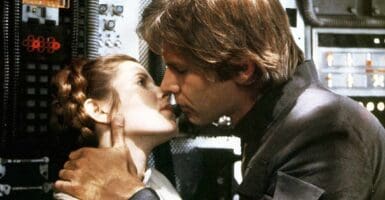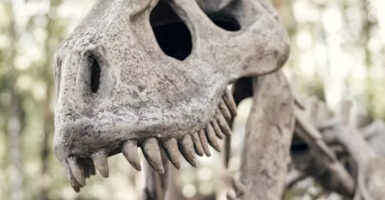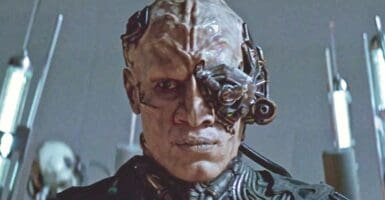How Horror Movies Train Our Brains To Deal With Crisis
There you have it: horror movies are educational.
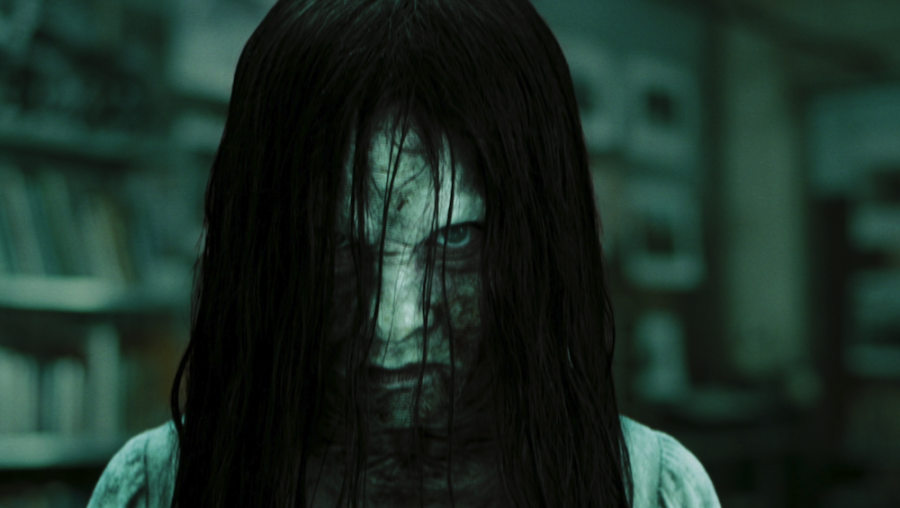
The whole idea of horror movies is kind of strange when you really stop and think about it. We’re sitting in a darkened theater with strangers and waiting to be frightened.
Fright isn’t generally considered an enjoyable emotion, so why do so many people enjoy horror flicks?
Some horror movies mix in elements of comedy, either as satire (the Scream franchise) or simply to provide a brief moment of levity before the next big scare comes along. And that makes sense because both horror and comedy tap into very primal, personal aspects of ourselves.
That’s why movie reviews for comedies and horror movies are often irrelevant: you can’t tell somebody, “You’re wrong, that wasn’t funny/scary.” You can only speak to how it affected you.
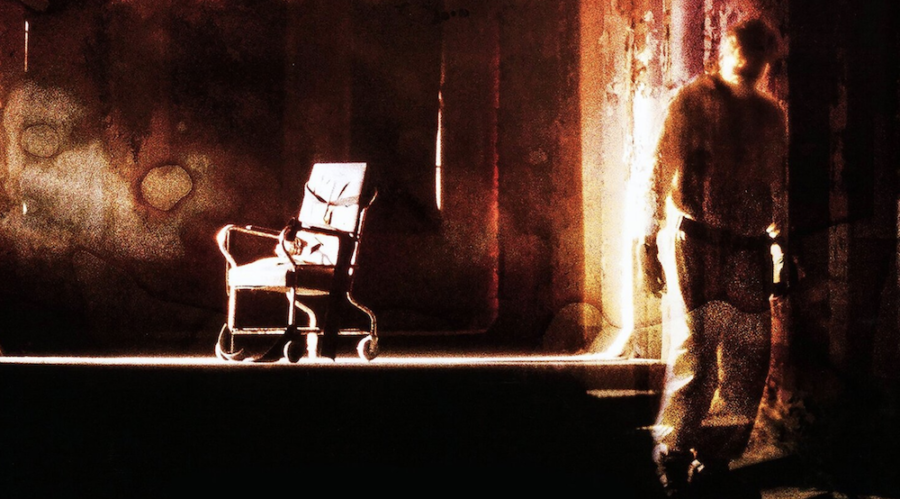
But even if they include brief moments of comedy, most horror movies are designed to frighten us, plain and simple. And for some of the more stoic types, the number of films that can genuinely, deeply frighten them can be counted off on one hand.
Deeply, deeply terrifying horror movies like The American remakes of The Ring (that face!) and The Grudge (that girl!), as well as Brad Anderson’s slow-burn masterpiece Session 9 come to mind.
These horror movies can leave the viewer truly unsettled. We’re talking turn-on-the-lights, check-all-the-closets scared. So why do some people actually enjoy them? What draws us to put ourselves through an experience like that? According to a Danish researcher, we may be genetically programmed to enjoy scary movies.
Mathias Clasen, a researcher from Denmark’s Aarhus University, put forward the idea in his PhD thesis. He says our enjoyment of horror movies can be traced back to our ancestry as hunter-gatherers, and it’s encoded in our very DNA.
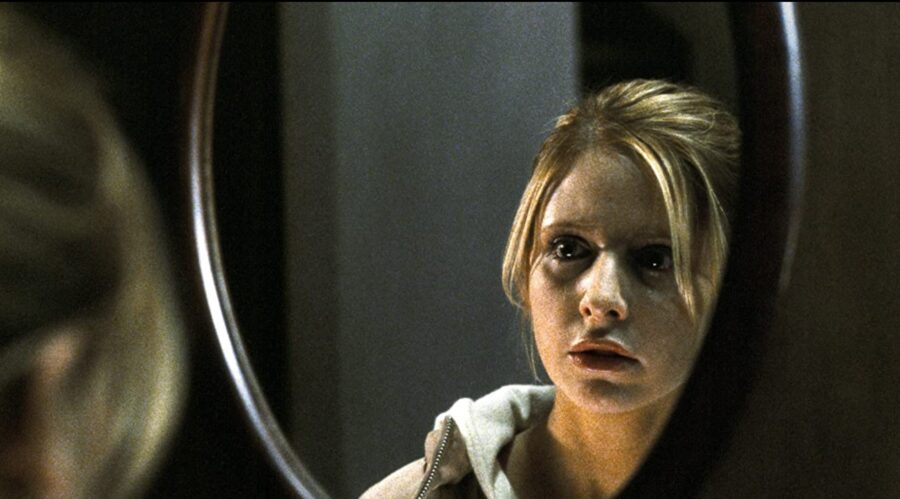
As Clasen explains, “They had to train their reactions to stressful situations, and the desire to do so became stored in their DNA — which we still carry today. When we watch a horror movie, we’re satisfying that desire. We’re training our danger preparedness.”
That’s right: your eccentric buddy who has an elaborate plan for what to do when the zombie apocalypse breaks out may just be onto something. He’s just taking the process a few extra steps. While we’re unlikely to ever face a widespread assault by the Walking Dead (or the latest zombie apocalypse), our brain still processes that horror scenario and notes lessons that can be applied in real life.
Clasen’s horror theory doesn’t stop there, either. He thinks our fascination with and fear of undead creatures such as zombies and vampires may be an evolutionary holdover as well. No, he isn’t suggesting that our primitive ancestors had to battle vampires (although Buffy confirmed that they totally did).
But they did fear being eaten by predators, a primal fear that’s still very much at work in our subconscious. The early hunter-gatherers also needed to learn to shun rotten meat that could make them sick or kill them. Put those two phobias together and what do you have? Zombies.
Clasen continues:
It’s actually just like other mammals’ young, who fight for fun because it makes evolutionary sense later on in life when they will need to fight to the death … We use fiction as an ’emotional simulator’ to broaden our horizons. Horror fiction exercises our reactions to what’s terrible and frightening.
So there you have it, folks. The next time your significant other gives you a hard time about dragging them to yet another horror movie, just remind them: you’re training your brain for when shit gets real.
You can read more about Clasen’s theory at ScienceNordic.com.










